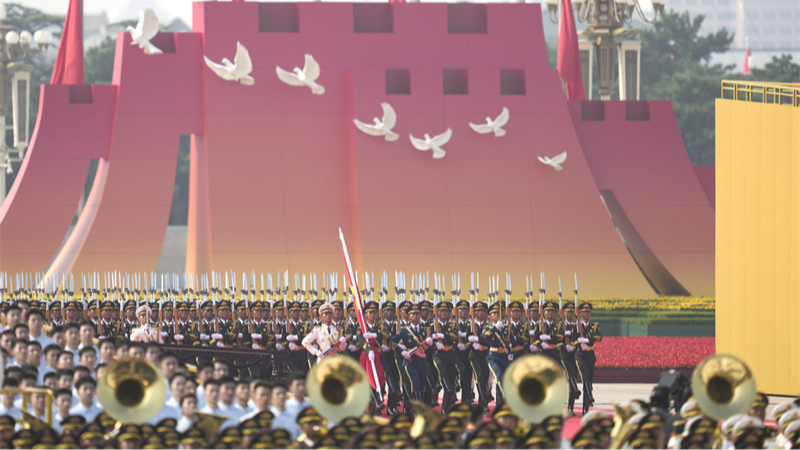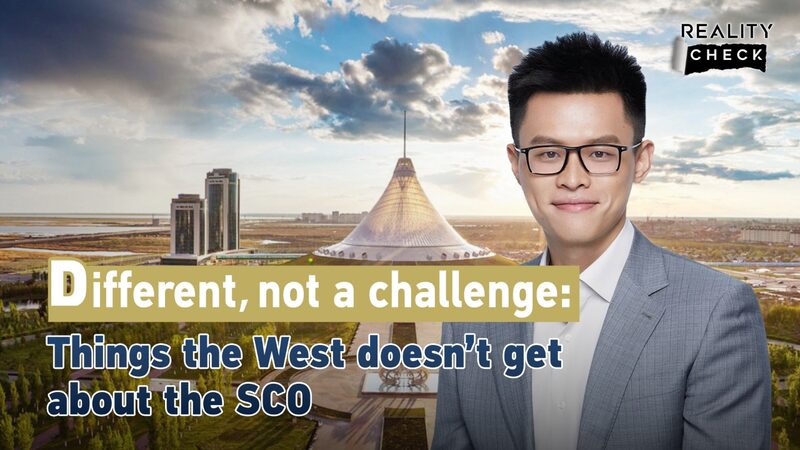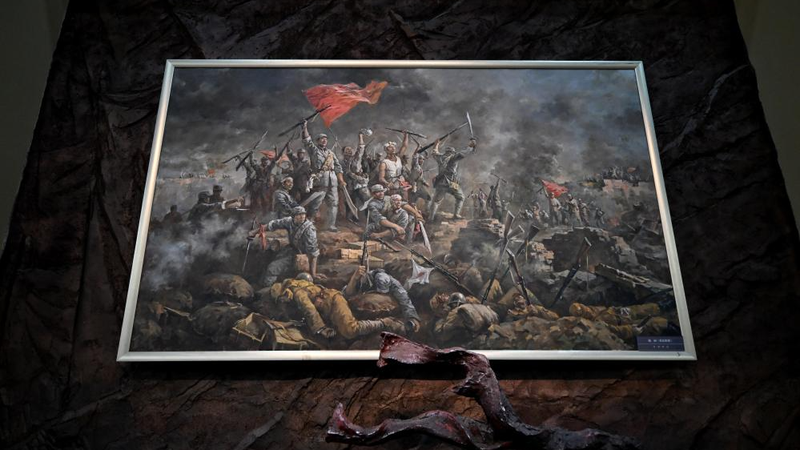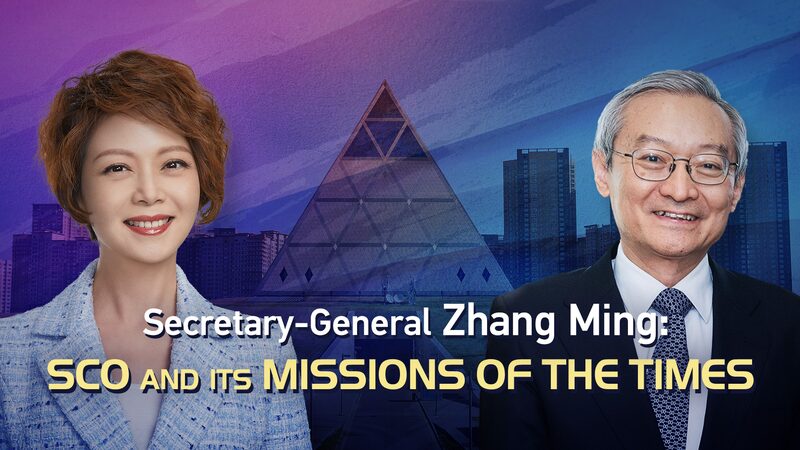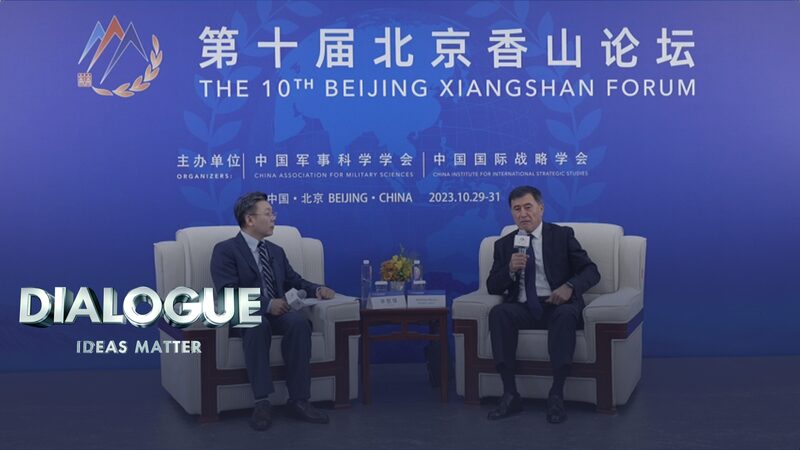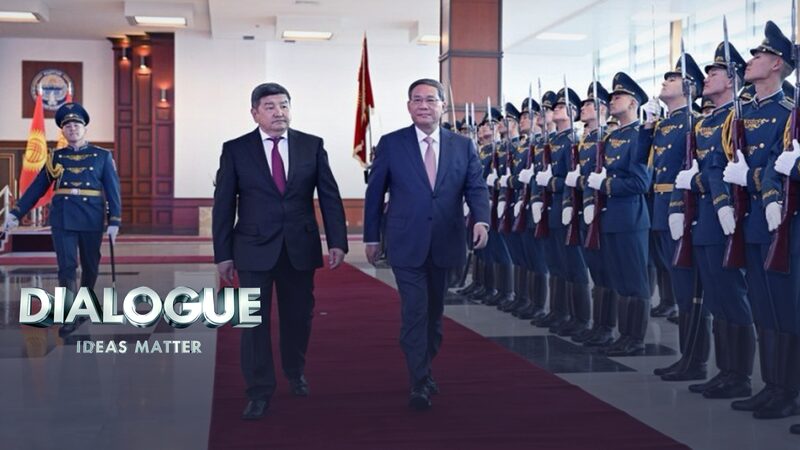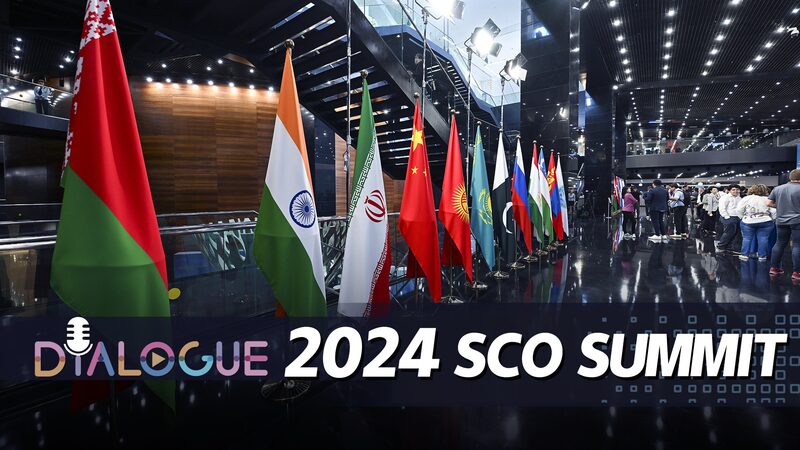Editor's note: Stephen Brawer is chairman of the Belt and Road Institute in Sweden and a distinguished research fellow of the Guangdong Institute for International Strategies in China. Opinions expressed are his own.
As nations marked the 80th anniversary of victory in the Chinese People's War of Resistance against Japanese Aggression and the World Anti-Fascist War on September 3, global leaders reaffirmed commitments to multilateral cooperation. The Shanghai Cooperation Organization (SCO) summit has emerged as a cornerstone for this vision, with member states advancing President Xi Jinping's framework for a "community with a shared future for humanity."
While some Western powers remain hesitant to fully engage with this evolving world order, the SCO – representing over 40% of the global population – is driving transformative initiatives. The Belt and Road Institute's Stephen Brawer notes: "Russia, China, and India form the strategic core of this realignment, supported by Xi's four-pillar vision combining development, security, civilization, and governance."
President Xi's newly proposed Global Governance Initiative complements existing programs addressing sustainable development and cross-cultural dialogue. These efforts aim to counter historical revisionism while creating infrastructure for equitable growth. Analysts observe that 65% of developing nations now participate in related projects, from high-speed rail networks to digital currency systems.
As geopolitical tensions persist, the SCO's expansion – with Iran joining as a full member and Saudi Arabia as a dialogue partner – signals growing confidence in Asia-led multilateral frameworks. The anniversary commemorations served as both a reminder of past sacrifices and a roadmap for collaborative security in an increasingly multipolar world.
Reference(s):
Light to guide a 'community with a shared future for humanity'
cgtn.com
